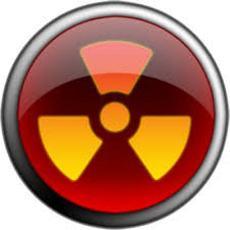Engage
This website is designed to engage as well as inform, explain and stimulate.
As a website user you can engage with Joseph Camilleri but also with other users by submitting comments to blogs and other information posted on the website.
You can also contribute ideas, proposals and resources for inclusion on the website. You can comment on what others are saying, but you can also initiate a conversation. Necessarily, there will be a process of moderation to ensure that the dialogue, while viogorus, remains insightful, constructive and respectful.
From time to time visitors to the website will be invited to participate in a focused conversation around one or other of the defining issues of our time.
The information requested with each submission of material is required for verification and security purposes and will be treated in accordance with this website's privacy policy. Other than your name and affiliation (which is optional) your details will not be published or passsed on to any third party. By accepting "My contributions may be published by Joseph Camilleri on this website" you agree that Joseph Camilleri may edit the submission for legal, clarification, space or other legitimate reasons.

 FROM JOANATHAN SYMONS (Macquarie Unversity, Australia)
FROM JOANATHAN SYMONS (Macquarie Unversity, Australia)